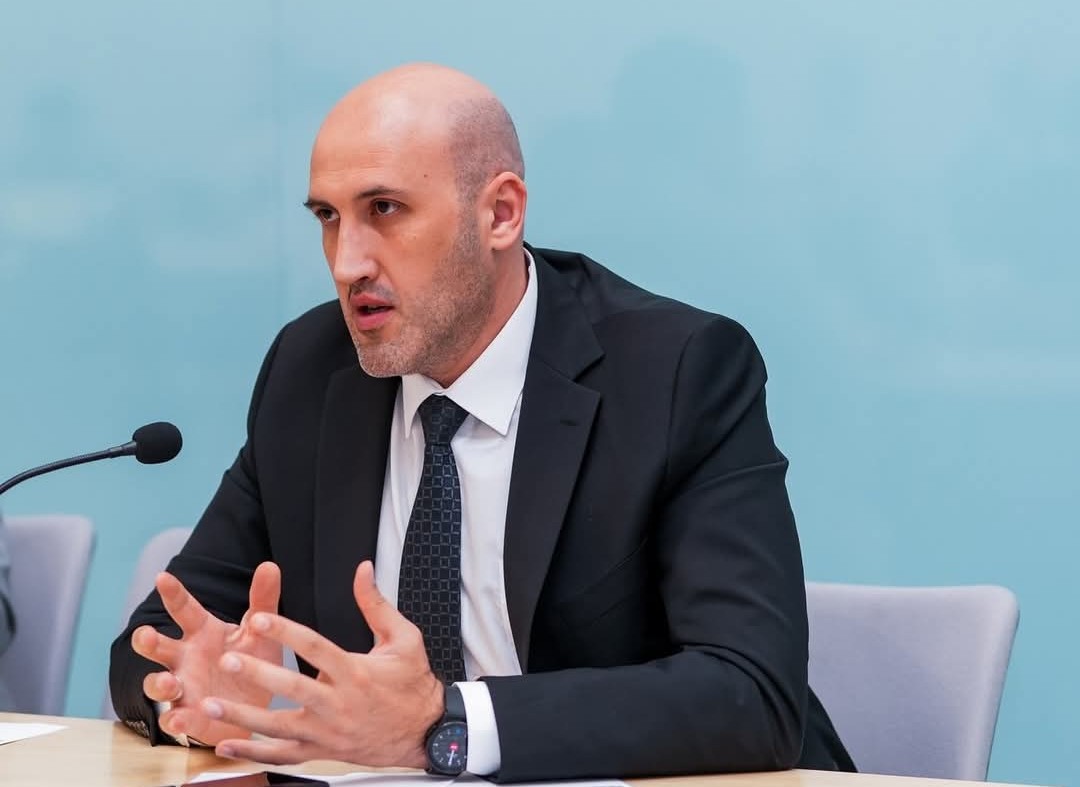A new type of armed forces - Cyberattack Forces - is being established under the Ukrainian army. The related bill has already been approved in the first reading by the Ukrainian parliament.
Cyberattacks are considered crimes. However, it is no secret that countries in conflict periodically carry out cyberattacks against each other. It is also no secret that most of these attacks are organized at the state level.
Can the legitimization of cyberattacks in Ukraine take on a global character? In other words, could the process of one state responding to another state with a cyberattack become an openly implemented process worldwide? From this standpoint, is there a need to create a structure similar to that in Ukraine in Azerbaijan as well?

In a statement to Medianews.az on the topic, the chairman of the Azerbaijan Information and Communication Technologies Industry Association, Elvin Abbasov, said that the establishment of Ukraine's Cyberattack Forces shows that cyberspace is given strategic importance in the modern era.
He said that contemporary conflicts are fought not only on the physical front but also in information and communication infrastructure; therefore, states strive to systematize their defense and counteraction capabilities: “This step by Ukraine also aims to strengthen experience and technology exchange with international partners. The issue of legitimizing cyberattacks is complex. In international law, cyberattacks are generally regarded as criminal or aggressive acts, but in real politics, it is already a fact that states carry out reciprocal cyberoperations. If such practice expands, carrying out cyberattacks in certain cases within the framework of "defense" or "counteraction" could lead to new discussions in international norms. This would eventually require the reformation of international law and normative mechanisms.”
E. Abbasov noted that the main priority for Azerbaijan is strengthening national cyber defense capabilities: “Protecting critical infrastructure, state and financial services, early detection of incidents, and improving the effectiveness of response mechanisms are important. At the same time, staff training and expanding public-private sector cooperation are essential components.
Additionally, considering the country's current security context, international legal norms, and regional balance, it is more appropriate to optimize defense capabilities before creating a purely offensive structure. Nevertheless, forming specially specialized units in proactive defense and information security, in other words, increasing cyber defense resources, can be beneficial in terms of readiness to implement proactive measures if necessary.”
Nailə Qasımova,
Medianews.az







